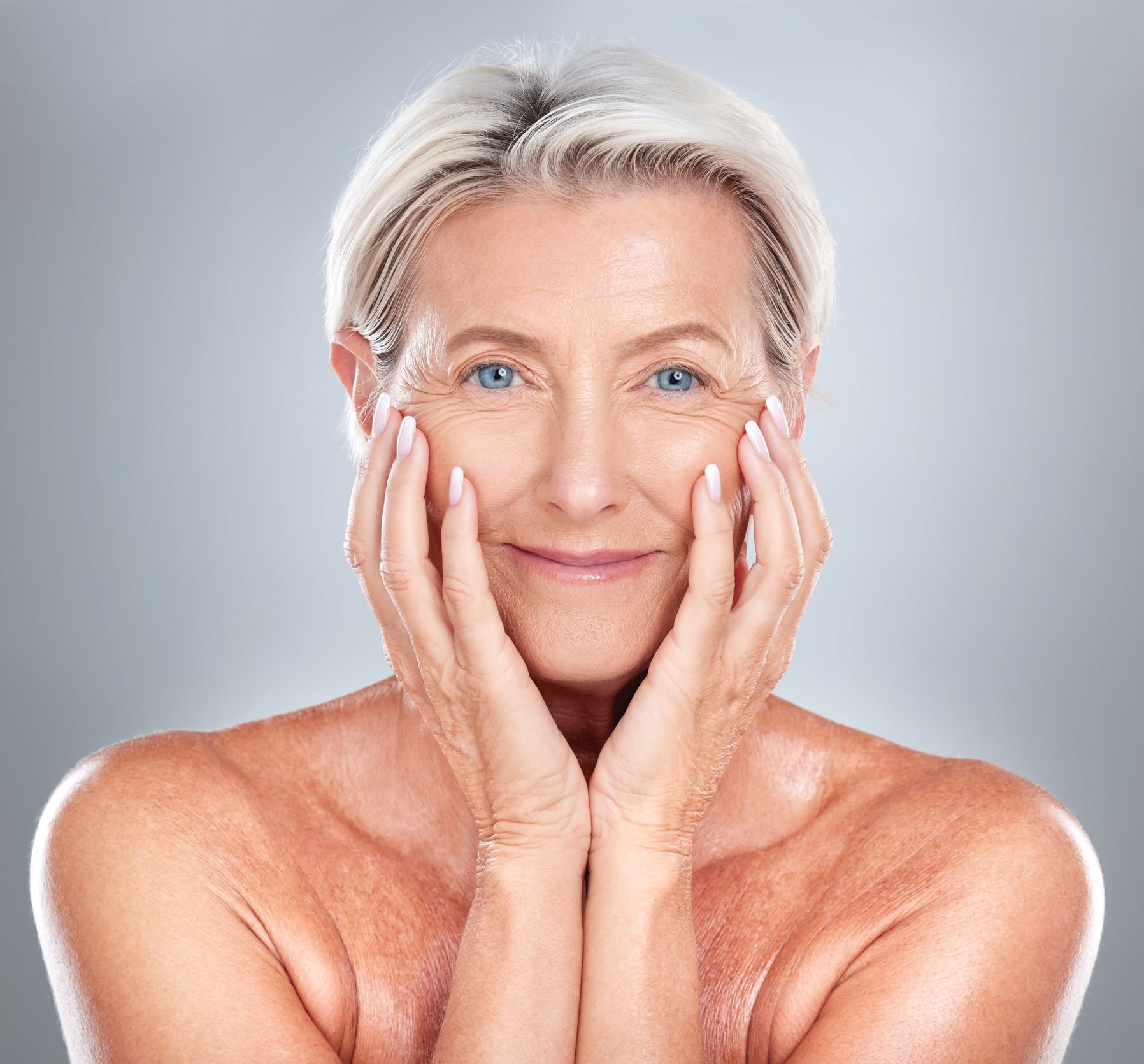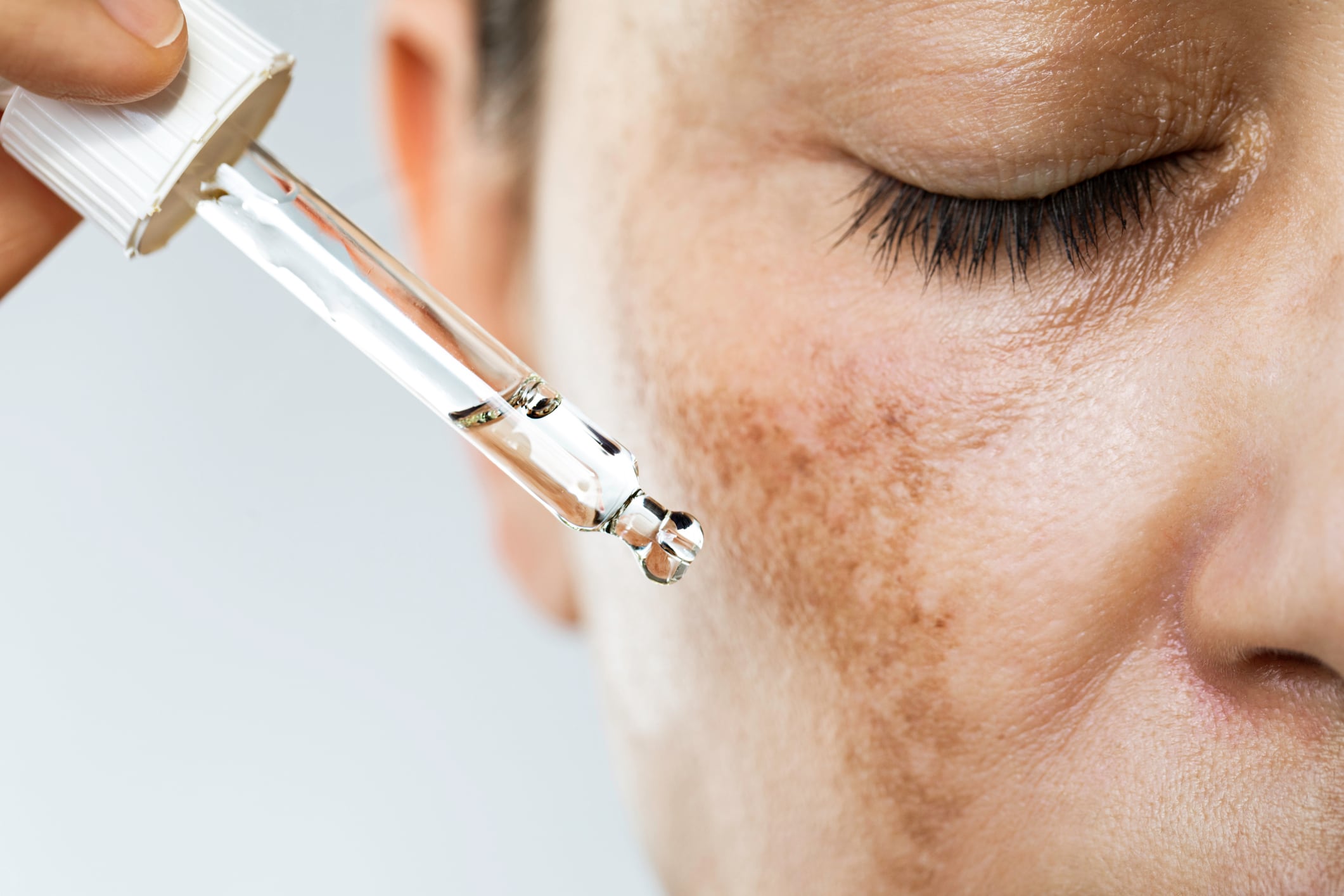Italian researchers have evaluated the anti-aging benefits of oral supplements formulated with Venerinase, a patented blend of Rhodiola rosea, Tribulus terrestris, Moringa oleifera and Undaria pinnatifida combined with folic acid, vitamins B1, B2, B6, B12, zinc and magnesium.
Study details
The aim of the study was to evaluate the benefits of supplements in preventing/reducing photoaging by using objective quantitative analysis of visual skin features with VISIA 2D and stroma, and vascular characteristics measured by Optical Coherence Tomography (OCT).
The randomized, single-blind, controlled pilot clinical trial included 40 Caucasian women participants between the ages of 40 and 60 who were experiencing mild to moderate skin aging (Griffith score 3–5).
Participants took the supplement daily for four months, and its effects were measured against a placebo, with measurements taken at the baseline, again after two months and finally after four months via a clinical evaluation using the Griffith aging scale.
This study combined clinical blind evaluations with objective instrumental and in vivo microscopic analyses to assess the clinical effects.
The results: Reduction in visible skin aging signs
The blend of plants and nutrients appeared to exert anti-inflammatory effects, reduce visible signs of aging such as wrinkles and support stromal ECM remodeling—likely via antioxidant, immunomodulatory and mitochondrial protective pathways of the botanical ingredients.
After four months of supplementation, the participants saw a significant decrease in the mean Griffith score from 4.5 to 3.76 (p = 0.001), which the researchers said indicated a reduction in visible skin aging signs.
There was also a significant decrease in skin redness and a borderline significant reduction in the number of wrinkles, which was measured by a skin aging objective feature calculation on VISIA 2D photographs. The OCT analysis also showed a borderline significant reduction in collagen density.
Untreated controls showed increased porphyrin levels (associated with skin microbiome activity such as C. acnes), while treated participants maintained stable porphyrin levels, hinting at possible microbiome stabilization or modulation.
There was a slight, borderline significant reduction in collagen density (p=0.059) observed in the treatment group, alongside evidence of stromal remodeling, which hinted at enhanced skin integrity and potential anti-aging effects.
The researchers noted that these findings are in line with previous in vitro experiments that showed the antioxidant and metabolic capabilities of the product.
Going forward, they said that that larger, long-term studies are now warranted to confirm structural improvements, explore molecular pathways (e.g., collagen synthesis and inflammation markers) and validate microbiome modulation effects.
Source: Skin Research & Technology. doi: 10.1111/srt.70171. Non-Invasive Imaging for the Evaluation of a New Oral Supplement in Skin Aging: A Case-Controlled Study. Authors: S Michelini





